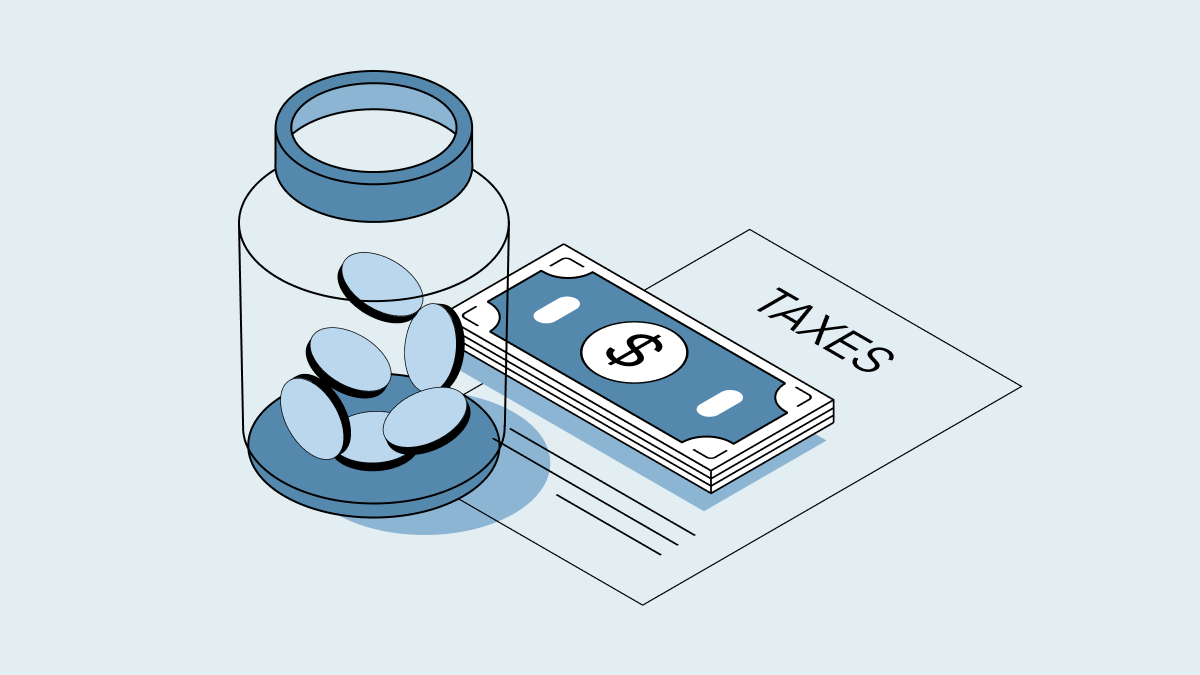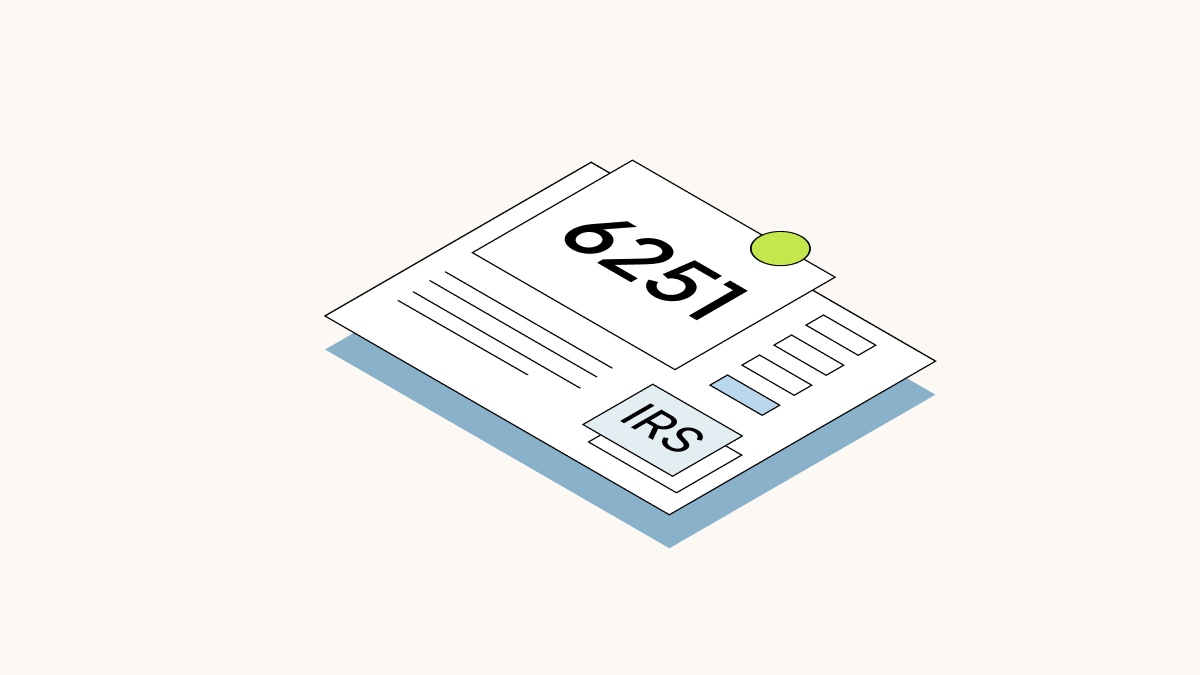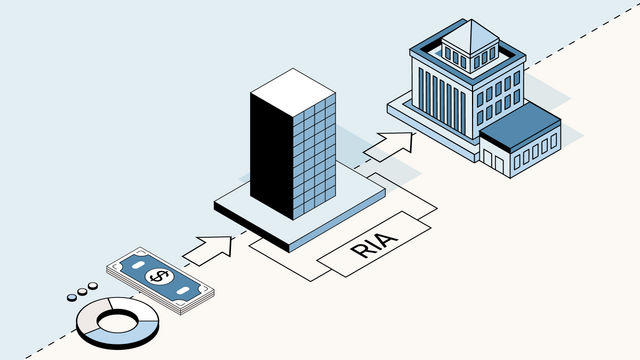Venture capital funds are usually structured as limited partnerships, which are pass-through tax entities. This means that the tax payment burden falls on the general partners (GP) and limited partners (LP) of the VC fund, and not on the fund itself.
The amount GPs and LPs pay in taxes depends on a number of factors, including:
-
the type of reported income
-
the amount of time the fund holds an investment before liquidating it
-
the filer’s adjusted gross income
Here’s a full breakdown of everything GPs and LPs should know as you head into tax and audit season.
Fund tax basics
What gets taxed?
Management fees
The GPs of private equity and venture funds—the people managing the fund—typically earn a management fee, usually a small percentage of the fund’s assets under management each year.
The fund pays the management fee either to the GP entity or to the fund’s management company, according to the terms of the fund’s limited partnership agreement (LPA). Either way, GPs must pay taxes on any net taxable income they receive from the management fee (management fee gross income they receive for managing the fund, minus any management company expenses—such as office rent, employee salaries, legal fees, and other expenses).
Realized gains
GPs and LPs all pay taxes on their respective shares of the fund’s taxable income from the previous tax year. The fund’s LPA spells out what share of the fund’s taxable income or loss will be allocated to each GP and LP.
Funds earn most of their profits when the fund liquidates the stock it holds in portfolio companies through an initial public offering (IPO), secondary sale, or another type of liquidity event, such as an acquisition. Interest, dividends, and any other profits on the fund are also reported as taxable income.
A fund’s taxable income is equal to interest and dividends from fund investments plus net capital gain from any sale of fund investments, minus the fund’s expenses.
What isn’t taxed?
A private fund’s assets—such as its investment stakes in portfolio companies—aren’t taxed until gains are realized.
Schedule K-1
The IRS requires the fund’s GPs and LPs to individually report their respective shares of a fund’s profits and losses on a Schedule K-1 tax form. This form is what partnerships in the U.S. (including venture funds) use to “pass through” taxable income to their partners.
The fund’s tax team (whether an internal tax team or an external tax provider) prepares Schedule K-1s for each of the fund’s partners, who then use them to determine the taxes they owe on any gains. The tax team also submits a copy of each K-1 to the IRS along with the fund’s tax return (on IRS Form 1065). The information provided on a fund’s Schedule K-1s must match up with the profits and losses the fund lists on its tax return.
Venture funds, private equity funds, and other alternative asset funds are required to fill out and file Schedule K-1s annually, whether they report taxable income, tax losses, or no taxable profits and losses. The deadline for funds to file their tax returns (IRS Form 1065) is March 15, but funds can file for a six-month extension.
How venture fund earnings are taxed
Management fees
Net taxable income from the GP’s management fee is subject to ordinary income tax rates.
Realized gains
GPs and LPs both must pay taxes on their share of a fund’s taxable income.
Typically, the tax rate each partner owes on the capital gains shown on their Schedule K-1 depends on how long the fund has held the underlying investments:
-
If the fund holds an asset for less than three years, the associated gains will be treated as short-term capital gains, which tops out at 37%. The exact rate you pay in capital gains taxes depends on your adjusted gross income.
-
If the fund holds an asset for three or more years, the associated gains will be treated as long-term capital gains, which tops out at 20%. As with short-term capital gains, the rate you pay depends on your adjusted gross income.
Different rules can apply if an investment that was sold by a fund qualifies for qualified small business stock (QSBS) treatment.
Schedule K-1 lists a partner’s net short-term and long-term capital gains for the previous tax year on lines 8 and 9a, respectively.
Carried interest
GPs of private funds also typically earn a fixed percentage of the fund’s profits in addition to any profits they earn from their personal investments in the fund. Also known as carried interest (or carry), this cut of the fund’s returns often makes up a large portion of what a full-time VC makes in take-home pay for managing the fund. Carry is considered a return on investment, and is taxed as a capital gain.
A fund’s LPA states what percentage of the returns a GP earns in carry, as well as whether they must first hit a minimum return on the investment capital, called a “hurdle rate.”
Some GPs will distribute their portion of the carry to members of their investment team. Anyone at the VC firm who earns carried interest on the fund will potentially owe taxes on this income.
Changes to carried interest tax treatment
Critics of the private equity and hedge fund industries believe that current carried interest tax treatment allows fund managers to escape paying ordinary income tax on the majority of their take-home pay. In Congress, progressive Democrats have tried to pass tax reforms to eliminate what they call the “carried interest loophole” by raising taxes on carried interest or treating it as ordinary income. In 2018, the Congressional Budget Office estimated that treating carried interest as ordinary income would have raised approximately $14 billion over the following 10 years.
The most recent attempt to alter carried interest tax treatment came in 2022, when lawmakers included a tax hike on capital gains in the Inflation Reduction Act. However, Senator Kyrsten Sinema managed to eliminate this provision.
VC fund writeoffs
In venture capital, 65% of startups fail, according to Harvard Business School’s Noam Wasserman. When a VC fund’s portfolio company goes out of business, the general partners are allowed to write off that investment—meaning that the value of the investment is zero. Writeoffs reduce the fund’s taxable income and will allow partners to take a capital loss, but they also effectively mean that the portfolio company is worthless, which affects the fund’s performance metrics.
How Carta can help
Our fund tax team delivers on-time, accurate filings for funds under administration. With complete K-1s just days into the calendar year, you'll never need to keep your LPs waiting. To learn more, reach out to a member of our team:



